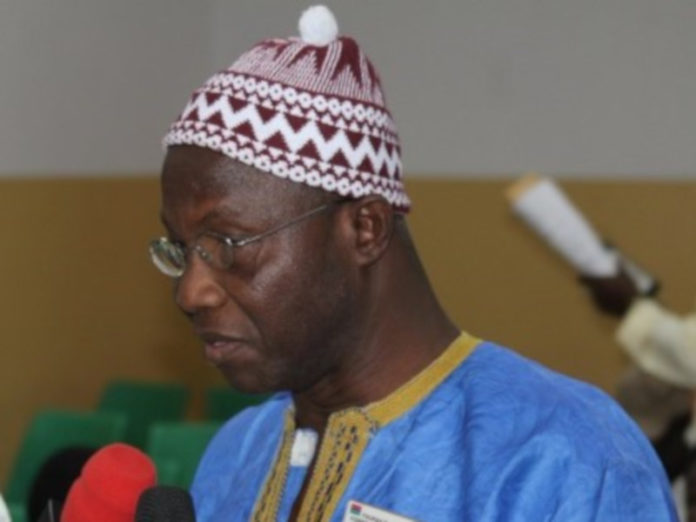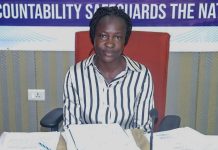By: Kebba AF Touray
The National Assembly has adopted the Human Rights Committee’s Reports on Bills entitled Constitutional Amendment Bill 2019
Justice Minister Tambadou in justifying the Amendment Bill said “many magistrates are qualified to be appointed as judges of a High Court but section 139(4) of the 1997 constitution makes that impossible”.
He averred “currently, a magistrate is only qualified under the said section if he or she serves as a Principal Magistrate for five years, and the position of Principal Magistrate in each administrative court is one”.
The Bill was then refereed to the Human Rights and Constitutional Matters Standing Committee for scrutiny and to reports its findings and recommendations to the Plenary.
Minister Tambadou decried that this limits the possibility of other magistrates even with more than 5 years’ experience from having the opportunity to be eligible for t appointment.
Tabling the Human Rights Committee’s Report on the said Bill, Hon. Suwaibou Touray, the Vice Chairperson of the Committee, said during their sessions, committee members made reference to both the 1997 constitution and the draft constitution of the Gambia, as well as other countries from the Commonwealth Countries such as Kenya and Zimbabwe.
Hon. Touray noted after meticulous consideration of the Amendment, the committee among other things observes that the said amendment has the potential of compromising standards of judges, made reference to qualification only and omitted experience, that a legal practitioner is only required to possess a qualifying certificate and not necessarily practising.
He said the committee thus recommended this draft “A person shall be qualified to be appointed as a judge of a High Court if he or she holds or has held office as a magistrate for not less than five years, or if he or she has practised as a legal practitioner before a court having unlimited jurisdiction in civil and criminal matters in a common law country for not less than five years”.
The recommended draft is opposed to section 139(4) of the 1997 constitution which reads “A person shall be qualified to be appointed as a judge of a High Court if he or she hold or has held office as a principal magistrate or master in the Gambia, or an office, which in the opinion of the Judicial Service Commission, enjoys a comparative jurisdiction in a common law country, in each case for not less than five years, or if he or she has practised as a legal practitioner before a court having unlimited jurisdiction in civil matters in a common law country for not less than five years”.
In another development, Hon. Touray also tabled the Human Rights Committee’s report on the Bill entitled Mutual Legal Assistance (In Criminal Matter) for consideration and adoption.
He said the Bill once adopted can improve the quality of prosecution of criminal cases before courts of law as evidence found or existing in other countries can be accessed by the Gambia through request, it deals with the transmission of evidence or witnesses from one country to the other, as well ensures effective search and investigation, retrieving of evidence in other countries.
He said, “the committee recommends this Bill with amendments and corrections observed. It also recommends to all other committees dealing with Bills to give effective to Standing Orders 80”.
The two Reports all got legislative adoption after members debated on them. The two Bills now await the consideration stages of the Assembly, which schedule will be according to the agenda of the session and will be communicated in due course.




















